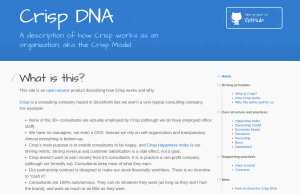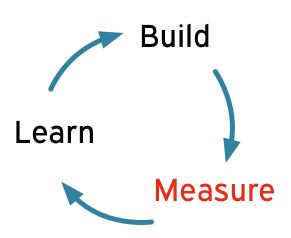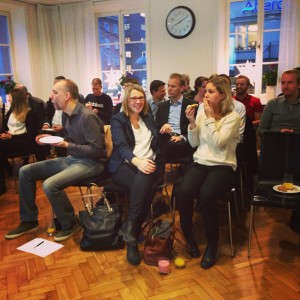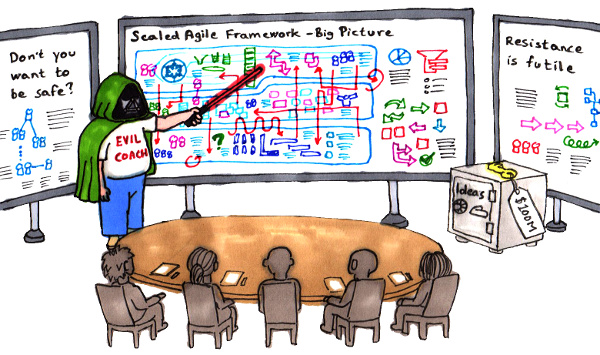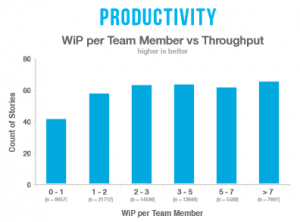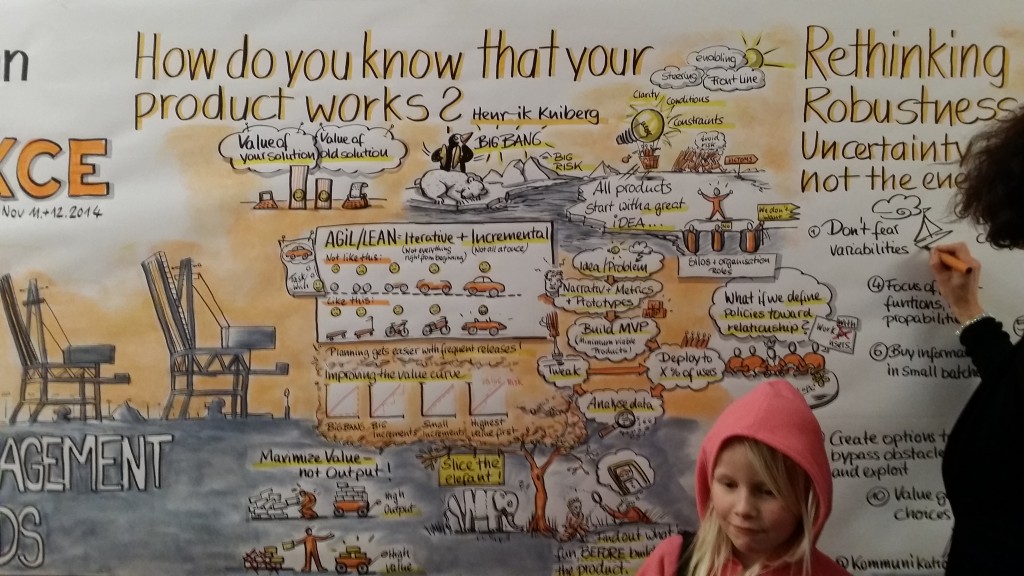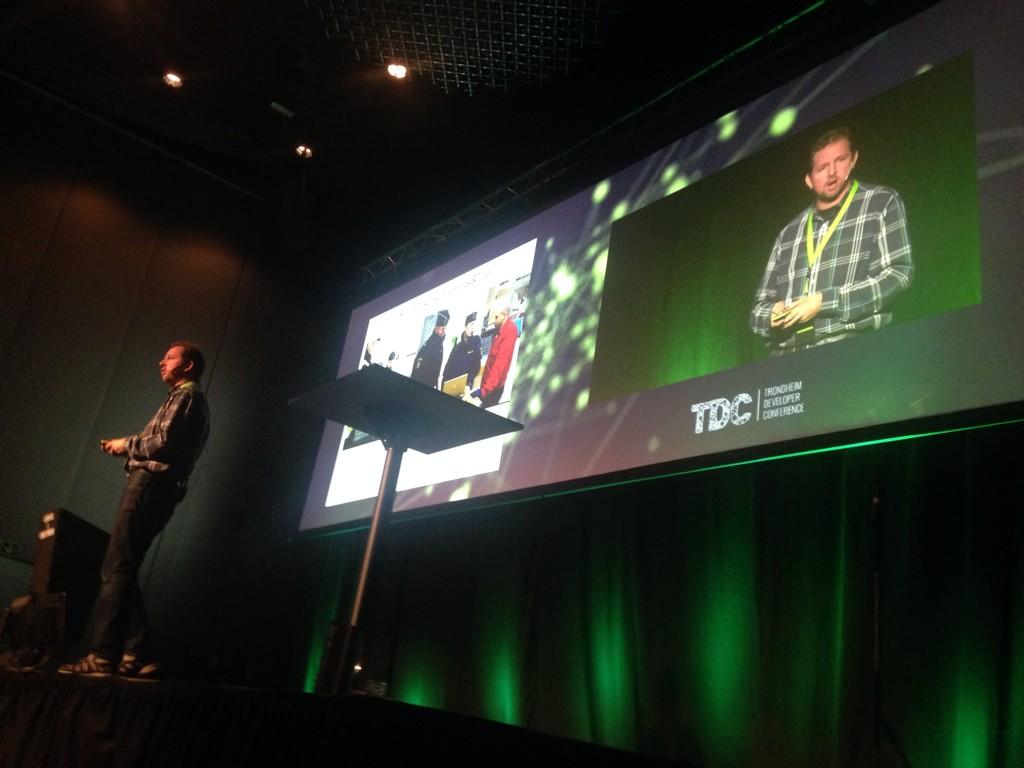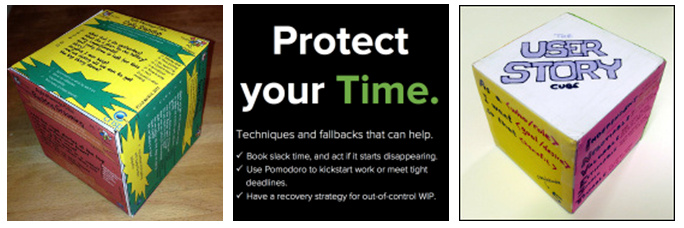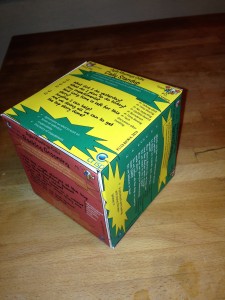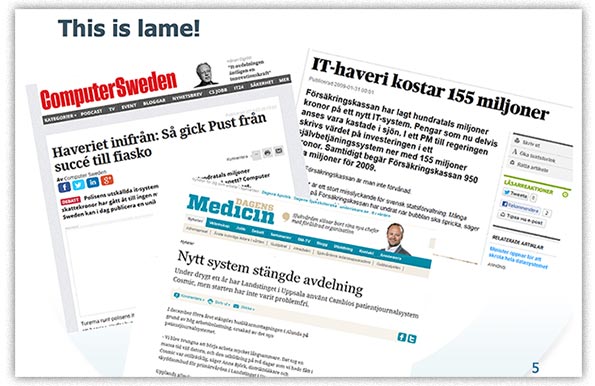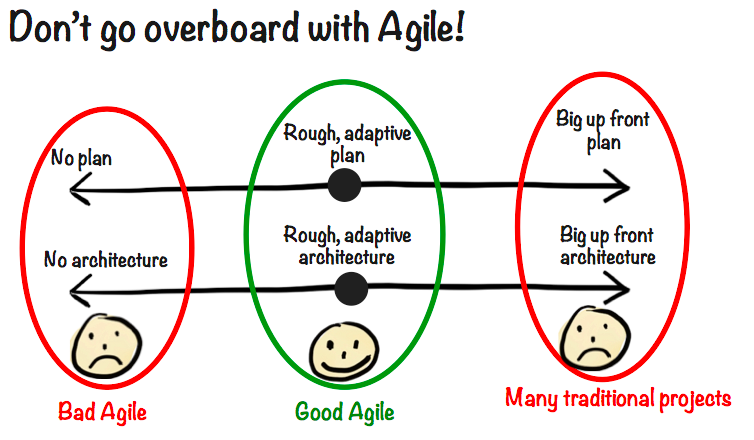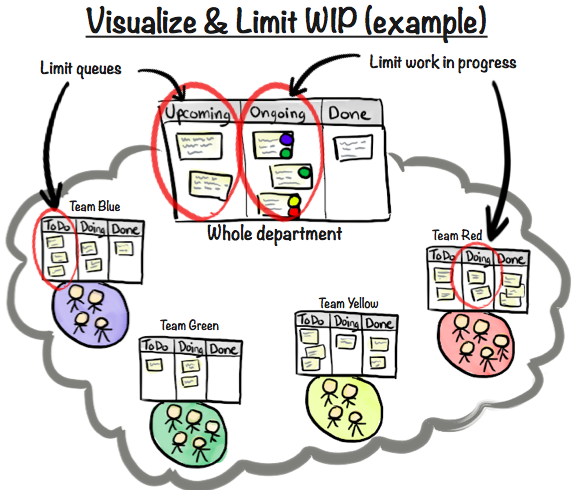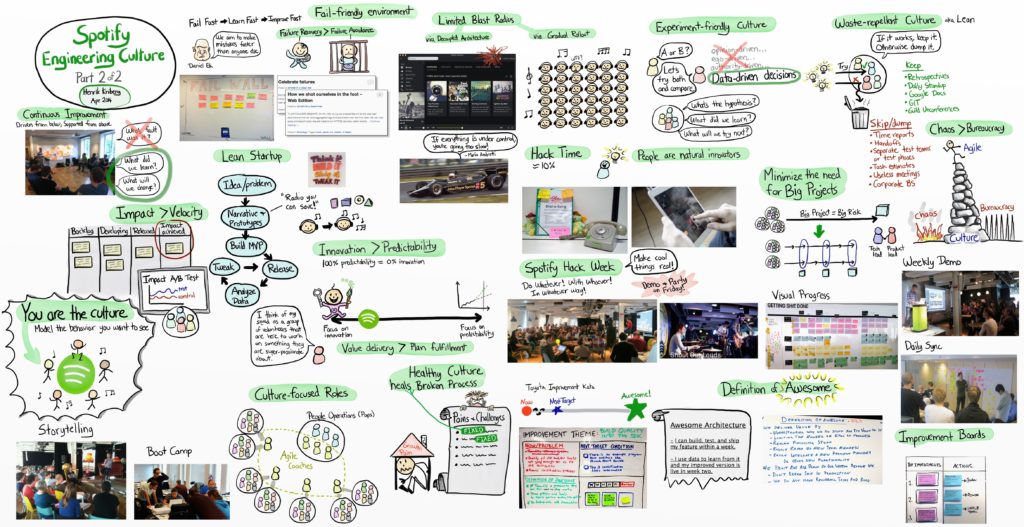I’ve spent years experimenting with how to teach kids programming, mostly using Scratch. But now we’ve found a new favorite: LearnToMod! Kids love Minecraft, and LearnToMod is entirely based on Minecraft, so it’s a perfect match!
We now do a Mod Club every Saturday evening, my older kids (9 & 11 years old) and some of their friends. It’s basically a programming school based on LearnToMod and Minecraft programming. Reeeeaaaally fun, the kids go wild (OK, me too)! AND they learn lots while doing it. To them it’s “magic powers”, not “programming skills”.
I made a 5 minute video showing how it works:

